MENSWEAR EXECUTIVES ON WHAT’S CHANGING
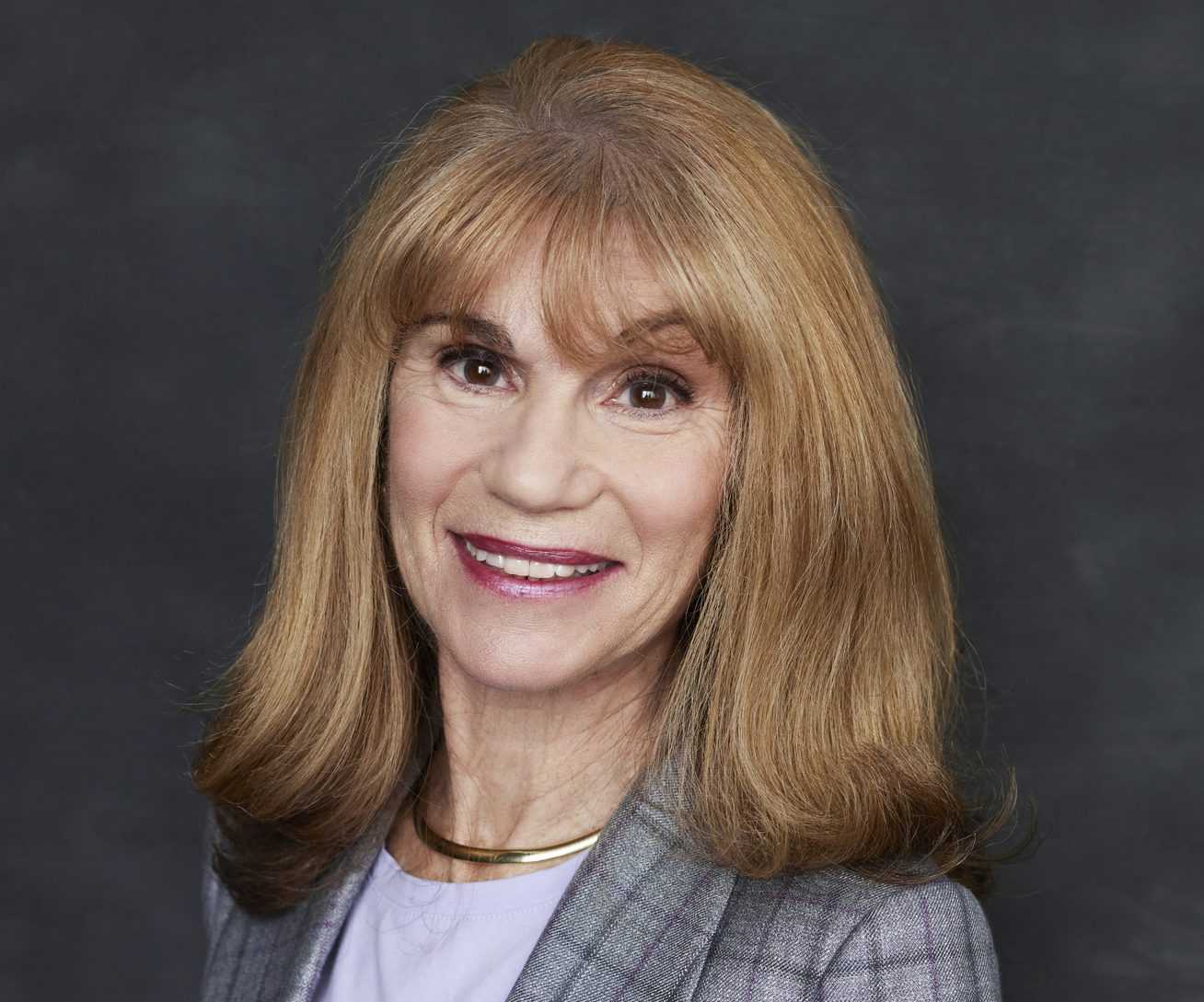
More than product, pricing, marketing, or right-sizing, what’s most changed for menswear companies since the pandemic is a widespread reinvention of essential corporate values. These now include diversity, sustainability, philanthropy, ethical sourcing, social justice, and even work/life balance. Here, top execs from apparel companies big and small, public and private, retail and wholesale, U.S. and international, discuss how they’re creating a culture of caring in a newly diverse workplace that (theoretically) honors the viewpoints of all. At its best, it’s a humanistic approach to business with values that extend well beyond the bottom line. Kudos to the innovators!
BRUNELLO CUCINELLI
Founder of Brunello Cucinelli
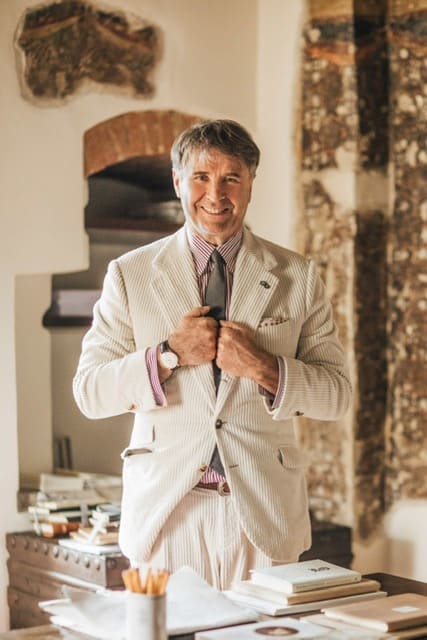
It seems to me this new era, so unique in our lifetime, has taught us to look at the future in a slightly different way. Personally, in terms of the economic impact of the pandemic, I try not to be too influenced by the first six months of the year, considering this time as a “passage to a new era.” I remain inspired by my great master Thomas More when he says, “Grant me the serenity to accept the things I cannot change, and the courage to change the things I can.”
But there’s a recently repeated expression that I find unfortunate: “It’s like a war.” Instead, Creation is asking us for help in the form of a debate between biology and the Earth. I often think of the great Xenophanes who declared that “Everything comes from the earth.” I have no doubt that our industry will be more careful about where our goods are produced, how they are produced, and whether we’ve done harm to Creation. I believe businesses will return to life’s central theme of harmony and balance, of profit, and giving back. Perhaps we’ll stop turning our backs on poverty and consider what we have in surplus as a kind of amiable resource for humanity.
At this point, I’m proud to have led our company, which is now in full operation with its 2,024 employees, to pre-pandemic levels, always moving toward safer ground, always working with dedication. We’ve tried to transmit to our esteemed partners the importance of physical safety in the workplace and the need for courage, which requires both stability and flexibility.
More than ever before, we need to be more considerate, more open to human needs, always mindful that when a person is frightened or grieving, he benefits most from compassion and friendship. We hope the great ideals of fair politics, spirituality, and family will find renewed vigor, and that we’ll all learn to utilize rather than consume what the earth offers us.
PETE NORDSTROM
President and Chief Brand Officer at Nordstrom, Inc.
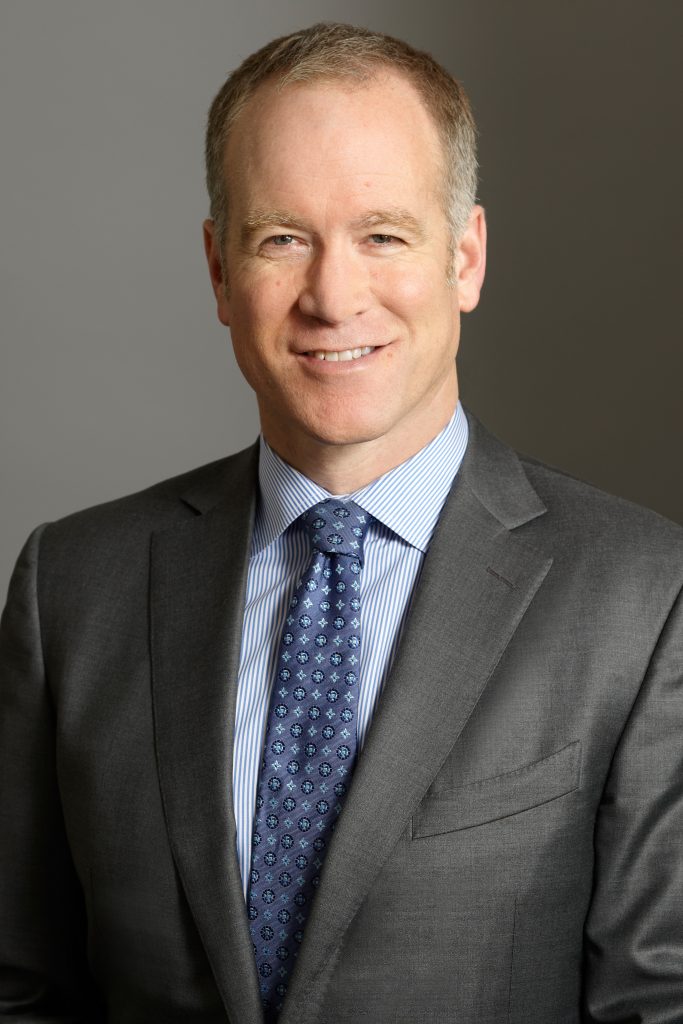
This pandemic has validated and accelerated several trends that have been evident for at least the last year or two. Clearly, there will be more business shifting to online. Before COVID-19 happened, one-third of our business was done online. We were asked all the time by brand partners where we thought this would end up and we said probably 50/50 in a few years. Well, ‘a few years’ has become now. Even after reopening our stores, we’re doing at least 50 percent of our business online. This is the new normal, and a great opportunity for us to strategize and execute the business around a digital-first mindset. It creates lots of opportunity to grow the business as long as our infrastructure and processes enable growth. This kind of clarity and urgency has created operational and execution focus for us that we otherwise would not have had.
How does this impact what we sell? We’re fortunate that we’re broad-based in terms of the items, categories, and price points we offer. We’re now pivoting to the clear signals we receive from customer data around relevant categories/brands that our customers want to buy from us. Things like casualization, comfort, athletic, and more. This too has created urgency and focus. Flexibility and a customer-first mindset have never been more important.
Diversity has been a pillar of our company’s culture forever: we’ve always believed that we must reflect the communities we serve. Anyone who wants to buy what we sell is someone we value and respect; whatever our customers care about, we care about. Staying grounded in this philosophy from a customer point of view enables us to evolve our merchandise offer to be relevant to a broad and diverse customer base. We want a diverse representation of people serving customers so that all customers can relate to our people and feel comfortable in our stores.
We also believe in diversity up and down our internal employee pyramid. Just as we want great people of all ethnicities, genders, ages, etc. represented for our customers, employees too need to see people that look like themselves in all layers of management. This helps us attract talent from all walks of life and encourages them to bring their best authentic selves to the job every day. People do by far their best work if they’re aligned with their employer’s culture and know that they have equal opportunity for success and job promotions. We benefit greatly by the personal buy-in and goodwill we receive from our employees. It allows us to be customer service leaders. It makes embracing diversity a natural extension of our culture.
Our stance on sustainability is somewhat similar: it’s the right thing to do and our customers care about it. I believe customers have always cared about saving the planet but only in the last few years has this really impacted their buying decisions. It’s literally become a merchandising imperative, moving way past trend to expectation. It’s what people, especially young people, expect from the brands they care about and the retailers they patronize. So it’s clear for us: if we want to attract and retain new and young customers, we must offer and embrace things that are important to them, like sustainability and ethical sourcing.
KENT GUSHNER
Owner, Boyds Philadelphia
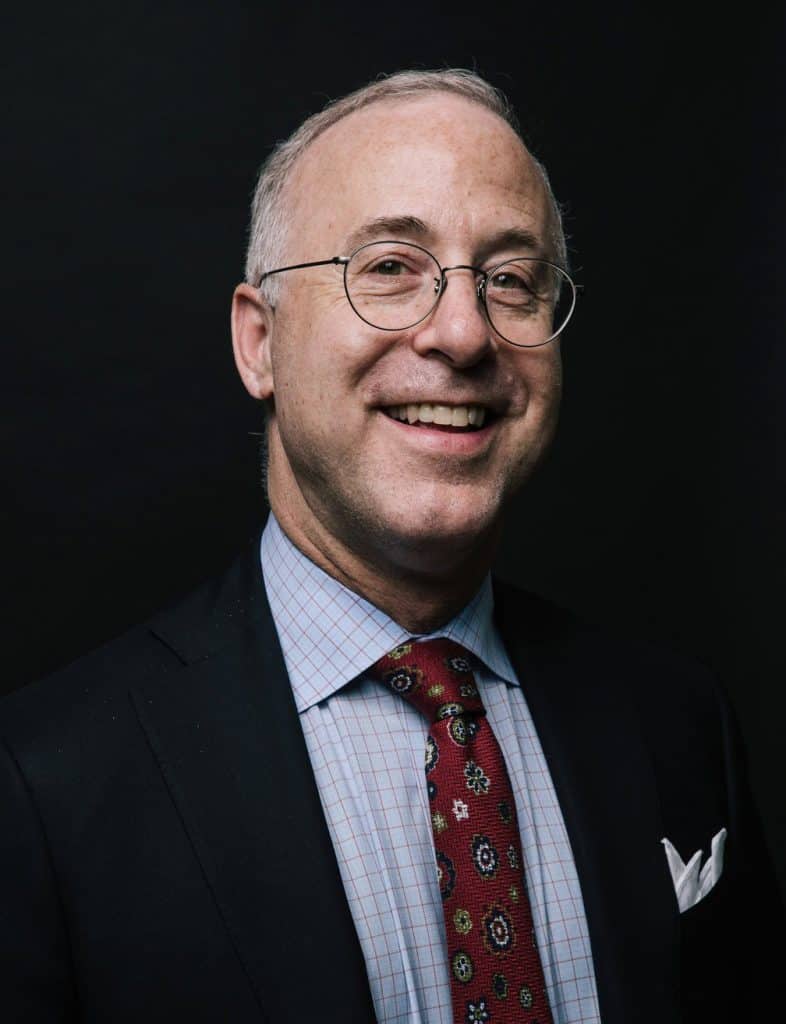
After 83 years in a single location in downtown Philadelphia, we’re venturing into the suburbs with a pop-up store we opened this month. I’d been considering a second location for some time but when the pandemic hit, I realized a suburban opportunity could mitigate our losses downtown, attracting both current clients uncomfortable coming into the city as well as new male and female shoppers.
This pandemic is an important time to listen and learn: the new pop-up (8,200 square feet) should give us insight into our future capacity for multiple stores. While our mix is now half men’s and half women’s, I project it will lean toward women’s as menswear sales have proven more challenging.
As for e-commerce, I believe it will remain an important component of our business, but on its own will not save the day. Like everyone else we’re selling more casual, comfortable sportswear and leisure looks. We’re not selling suits, dress shirts, or ties and until men start going back to the office, back to court, back to special events, we need to figure out other strategies. We needed to broaden our vision of new ways to transact business, be it e-commerce, virtual selling, or pop-up locations. We’re working hard on this and remain optimistic.
Bottom line, I don’t think we need a total reinvention of our business. The fundamentals are still valid and haven’t changed: luxury customers want curated assortments of the best and latest product out there, quality, value, and attentive service from professionals who know and care about them.
STEPHEN GRANOVSKY
CEO of LMAG
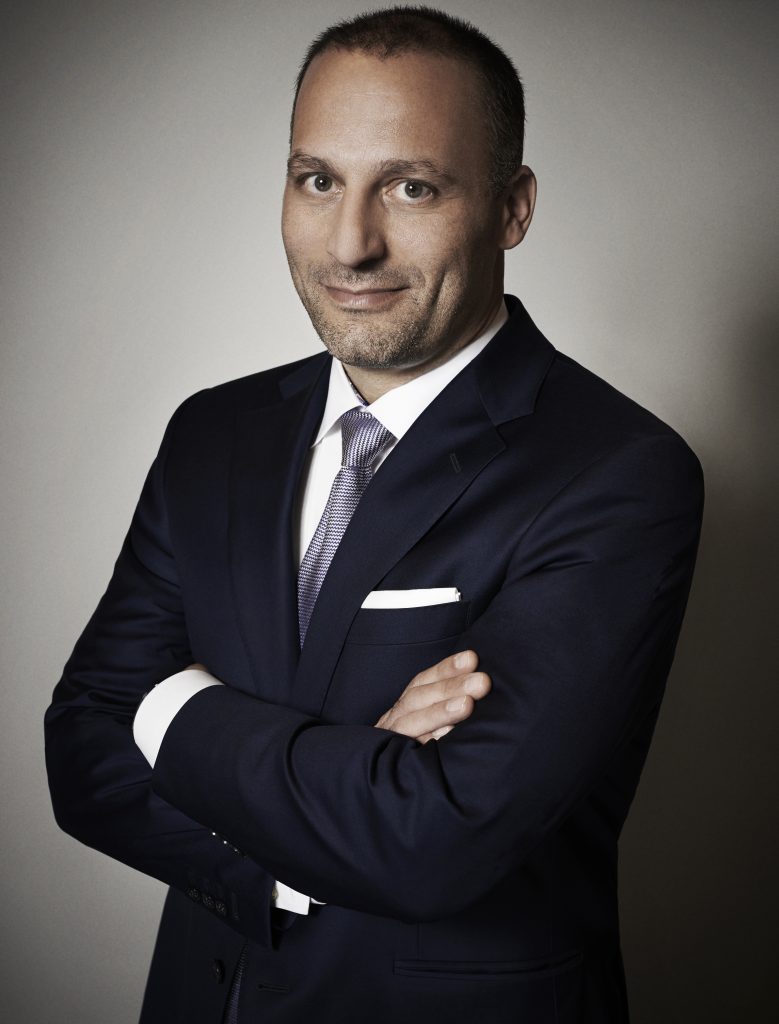
For me, this year has been a stunning story of our shared humanity played out every day in ways big and small as our organization and industry faced crushing challenges. On the one hand, we’re stronger than we’ve been in years; on the other, we’ve grieved three managers who passed (directly or indirectly) from this pandemic. I’ve never been more challenged by the present and scared of the future. Thankfully, I perform best when my back is against the wall. Others on our team have shown character and a work ethic I never thought possible.
We always considered our organization to be entrepreneurial in spirit and action, but this year’s unimaginable events forced us to be more innovative and nimble than ever before. We pivoted early to new categories of business to keep our factory workers employed and drive revenue. We launched Samuelsohn Medical and now manufacture a lucrative PPE business alongside our luxury apparel. We have previewed, to very positive reviews, a hybrid tailored collection that addresses how we work now. We launched a direct-to-consumer business in record time for our Samuelsohn brand. We’re working faster, smarter, and with greater innovation than ever before. We’ve restructured costs but with as few permanent layoffs as possible.
The near future will bring little respite but as a man of faith, I’m convinced that our people, our community, and our industry will thrive again, and success will taste all the sweeter for our troubles.
JAMES SHAY
President of Isaia
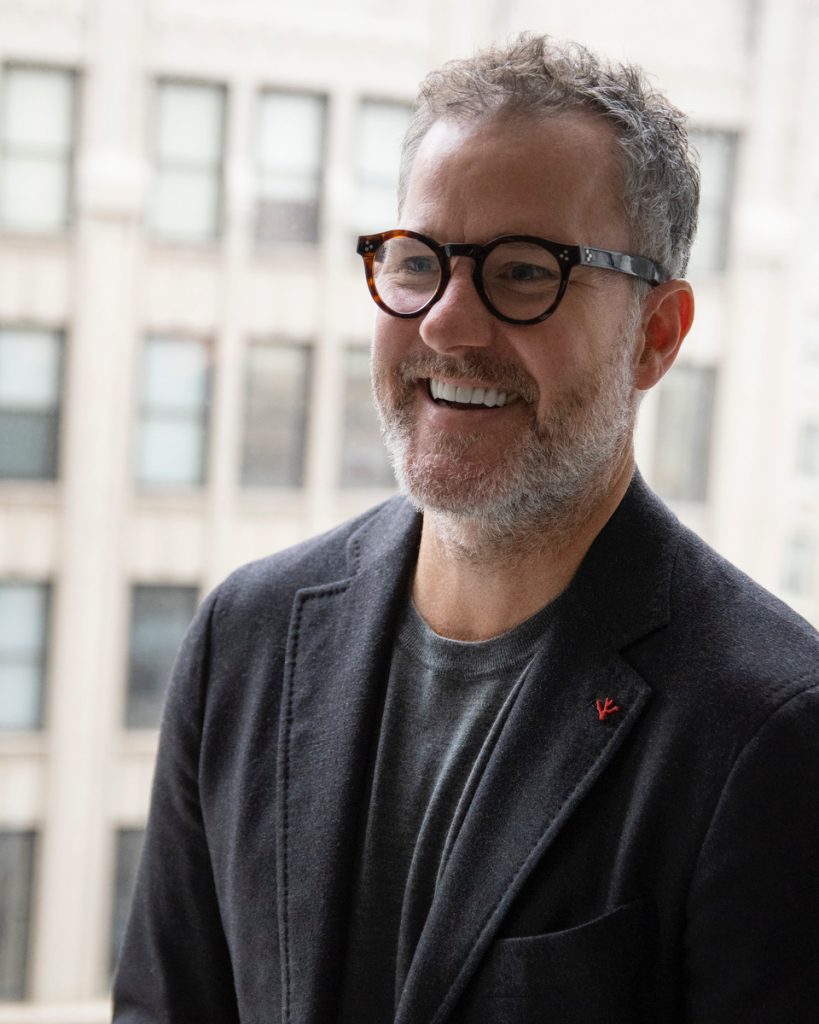
Changes that feel meaningful in the time of COVID-19:
It was great to see so many in our industry rally in support of the community and shift to producing valuable PPE equipment. It has been difficult to see our industry suffer.
Staff reductions, threatening financial uncertainties in the market, and supply side challenges magnify the immense change brought on by COVID-19.
But change is an opportunity. Pre-Coronavirus strategies are taking on hyper importance. We’re focused on expanding direct-to-consumer channels, especially e-commerce, and identifying top tier properties to bring the full brand experience to new locations. Wholesale reductions will be to ensure the focus stores have the service they need to maximize the partnership. We’re bringing more product categories in-house to diversify the offering in a way that reflects the brand quality standards and to keep more internal control.
Staff reductions have been very painful, forcing the timing of omnichannel staffing where responsibilities expand across wholesale, retail, and e-commerce.
An important resolution for our Isaia team: decision making that enhances enjoyment for the industry. Our goal is to ensure our partners, collaborators, and clients all take pleasure in the Isaia experience.
ERIK WILKINSON
Chief Sales Officer at Eton
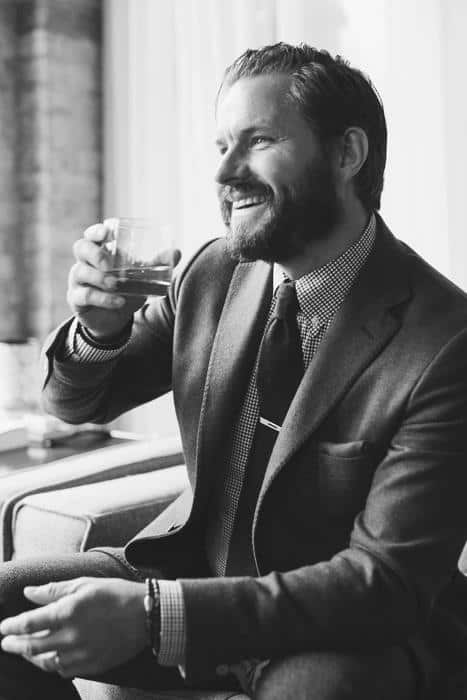
At Eton, we’re creating content to help our wholesale partners drive customer engagement and traffic: to their stores, to their websites, to their phones, etc.
The links we’ve created basically lead the retailer directly to our B2B so they can order the product and to our mediabox where they can download our content for their website, social media, and e-blasts to their customers.
We try to make the content a direct “call to action” featuring: 1. An attractive image photo; 2. Three key USPs for the sales pitch; and 3. Enough supporting photos and product info to get the customer to say yes.
We’ve come to realize that no amount of payment dating, price discounts, and on-order cancellations is going to give our retail partners what they really need – and that is traffic.
The late great Mr. Derrill Osborn used to tell me all the time, “Erik, there’s no challenge so great that increased sales can’t bail you out.” So that’s what we’re trying to help our wholesale customers deliver.
We’ll be offering this compelling content at least monthly for the foreseeable future. We also launched an even larger ‘dressing-in-the-age-of-COVID’ campaign in October.
MARCO BALDASSARI
Co-founder and CEO of Eleventy
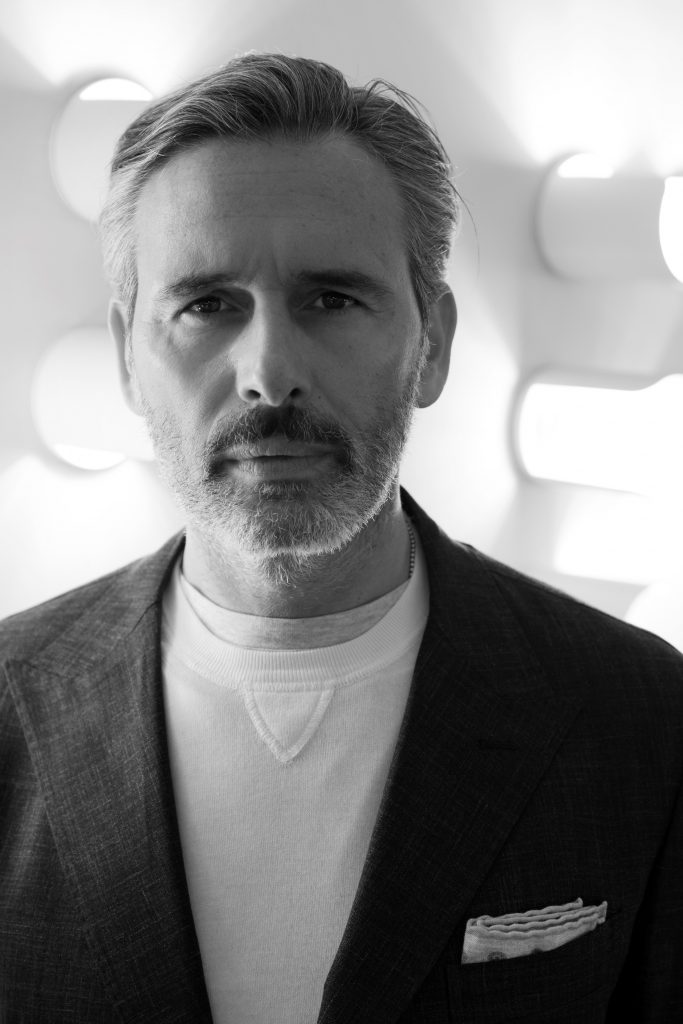
We’ve suddenly started to appreciate small things that used to be taken for granted: hugging a friend, sharing a pizza. Additionally, the shift to work-from-home has changed values and priorities in our daily lives. We expect consumers to prefer more of the casual and comfy looks, to buy less but pay more attention to the quality, comfort, and weight of the clothing.
On top of that, we needed some shock to get back to sanity. I think that luxury fashion had become too fast. Fifteen days after the collection hits the stores, we feel the pressure to deliver a capsule collection. But luxury takes time! Luxury watches don’t lose their value for decades; the same should be true for other luxury categories.
Sustainability plays a crucial role in our brand! We’re firmly committed to use only certain products. We’ve eliminated certain polluting chemicals that are not in line with our philosophy. At Eleventy, we use only natural dyes, despite their relative expense and limitations compared to synthetic dyes.
We’re planning to open new stores in strategic markets like those already operating in Greenwich, and those planned in Palm Beach. We’re looking at Aspen and Palm Springs. In addition, we’re developing new strategic partnerships with stores that can introduce Eleventy to a completely new demographic, stores like Forward by Elyse Walker and Fred Segal, whose customers differ from those of the more classic luxury stores where Eleventy first had so much success.
We’re also focused on increasing engagement with our store partners. Even if we cannot be together in person, we’ve found fun and entertaining ways to experience Eleventy product through virtual platforms. The results have been rewarding, both financially and emotionally.
ANDREW BERG
President of Robert Graham
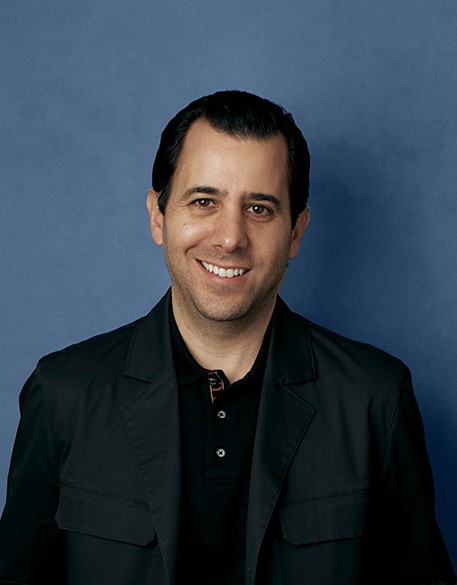
At Robert Graham, we’ve taken this opportunity to accelerate a few initiatives. First and foremost is always product. We’re expanding categories to speak to ongoing macro trends including leisure, lounge, performance, and golf lifestyle.
We recognize women’s fashion remains a big opportunity for us. We’re pursuing both domestic and global opportunities for women’s and we’re finding newer ways to build this category. We’re continuing with our brand collaborations and partners including renowned artists, Marvel, and rock bands (Def Leppard, Motley Crue, and Kiss for spring ‘21).
We’ve taken a strong look at our E-com and Marketing and have a robust playbook that includes optimizing our digital advertising programs, testing personalization on our site to hone in on relevant messaging, continuing PR support and influencer strategies, and using direct mail and digital content in new formats.
Clearly, inventory management and a disciplined approach to on-order for future seasons are critical (mitigating risk, investing in key/hero styles we believe in). To accomplish this, we continue to communicate better and get closer to customers to understand their needs and to be better partners in real-time.
Personally, like most industry execs, I’ve had to recalibrate my work/home lifestyle, finding ways to nourish both sides with patience, communication, and boundary setting.
Finally, we at Robert Graham are working on ways to incorporate social cause marketing, sustainability, and diversity into our brand DNA.
MANNY CHIRICO
CEO of PVH
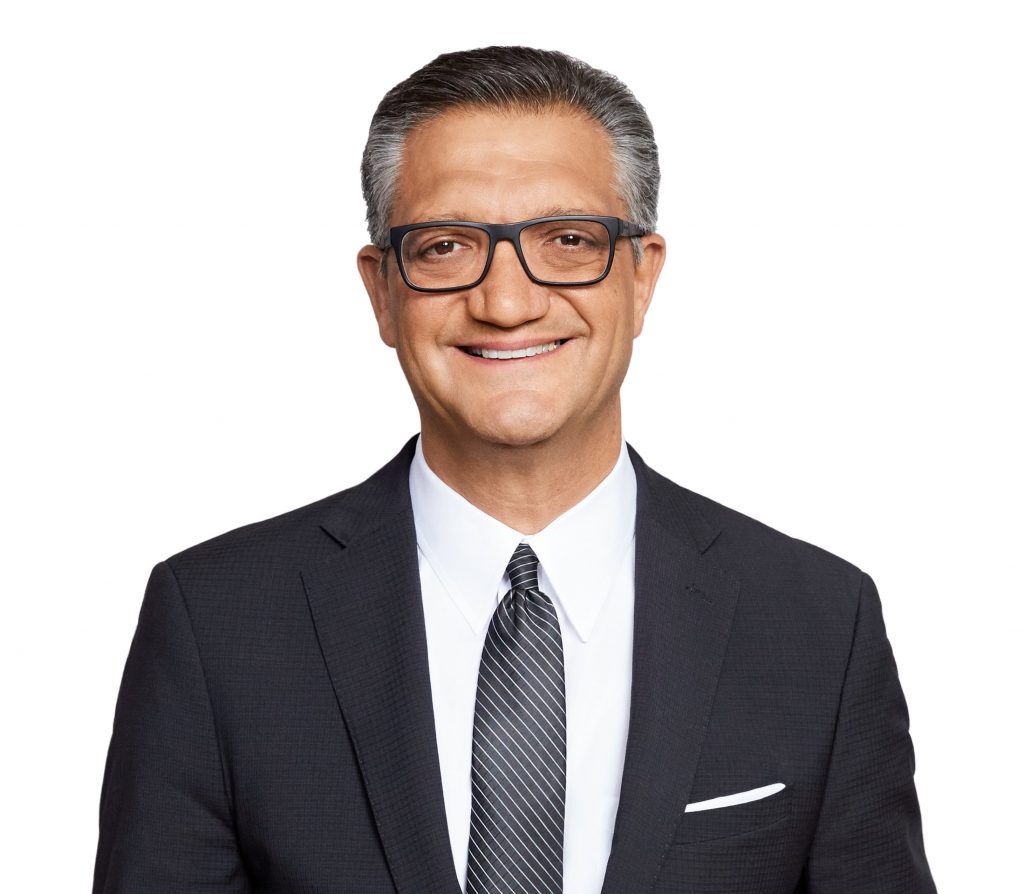
The current reality of COVID-19 and the resulting business challenges have affected every aspect of the apparel industry and required us to be agile in our approach as we navigate the road ahead. Yet we have not lost sight of our purpose: to drive fashion-forward for good. At PVH, we remain committed to our long-term strategy and our work to prioritize climate action, build tighter, more resilient supply chains, uphold human rights, fight for social justice, and deliver more sustainable products to our consumers. While the apparel industry will be uniquely transformed post-pandemic, we have many opportunities to build back better than before. From furthering transparency in where and how products are made, to leveraging digitalization and the power of data, to increasing our reporting and disclosure to drive more sustainable and inclusive choices and hold ourselves accountable.
On product, we’ve leaned into the casual nature of both the Calvin Klein and Tommy Hilfiger businesses, particularly our men’s underwear, jeans, and active sportswear. We’re focused on our core essentials and chasing inventories to support all our channels, but especially our digital. We’re evolving our dress shirt, tie, and suiting businesses, about 4 percent of our total–toward consumer demand for comfort.
DOUG RAICEK
EVP of Peerless Clothing
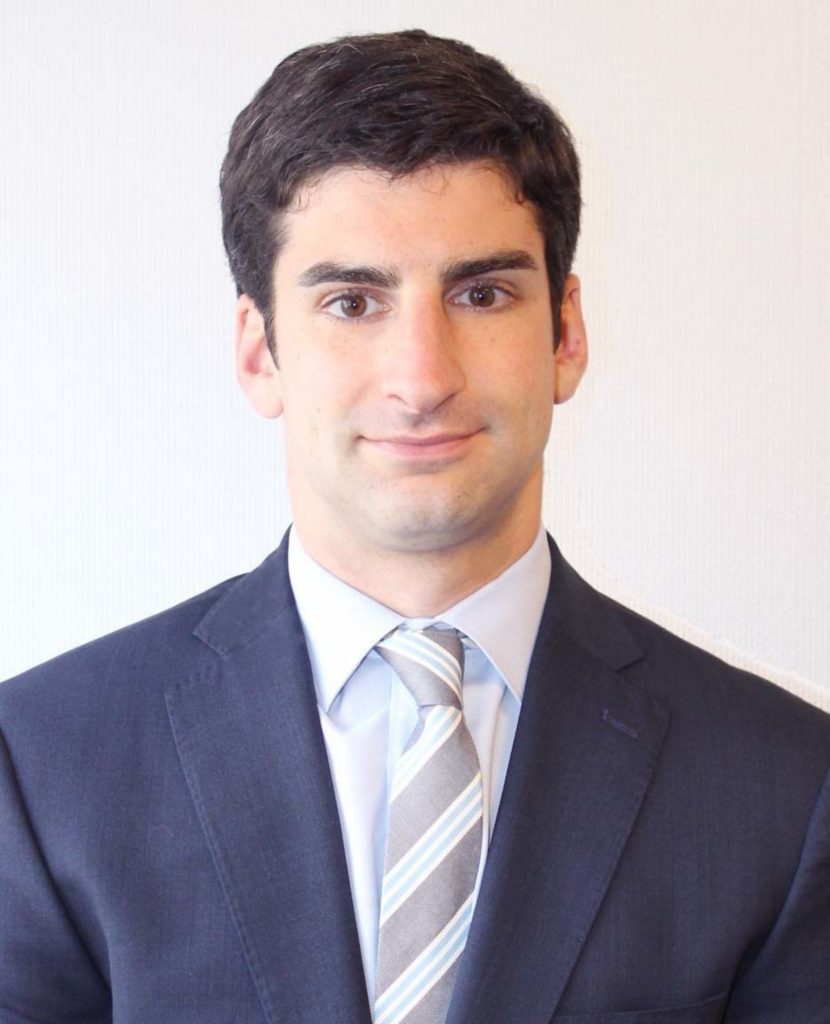
As demand for tailored clothing has slowed, we’re leaning into new products that reflect people’s shifting needs; for example, hybrid pieces straddling traditional tailoring and sportswear comfortable enough to be worn from the couch to the office. We remain committed to our core, but are seeing strong interest in this area taking performance and comfort to new levels.
We also recently announced a joint venture with Montee Holland’s Tayion Collection, which is the first time we’re working as just the back end for a new designer. We felt that Montee has a great product catering to an underserved customer in the department store world; we saw a great opportunity to work together to broaden his reach.
ALEX FAHERTY & KERRY DOCHERTY
Faherty Brand
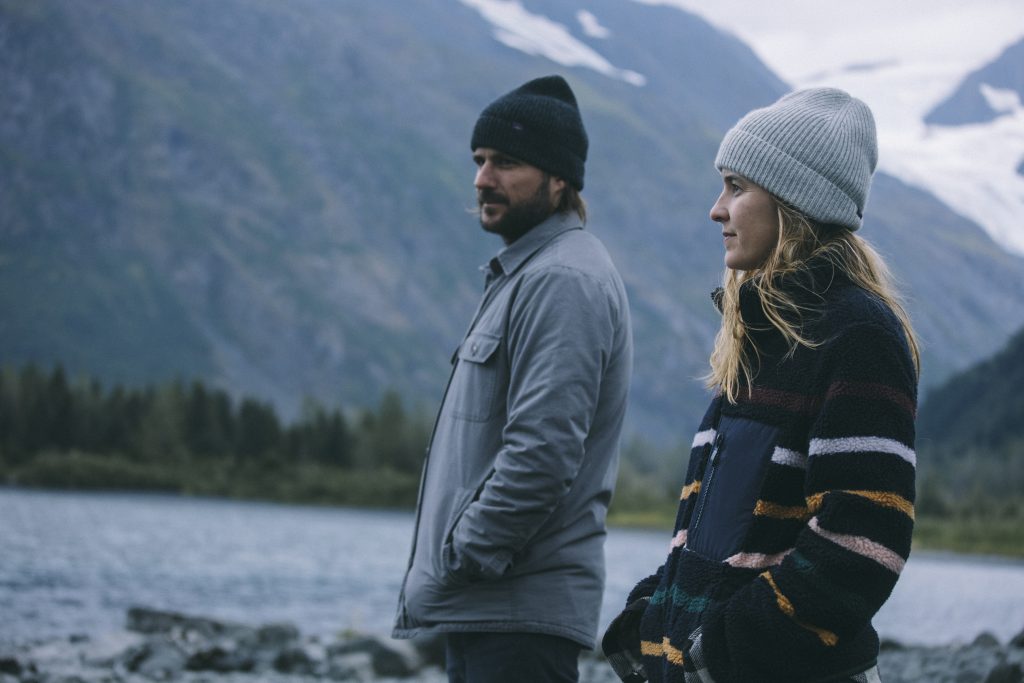
Expanding the scope of our Indigenous partnerships in the months and years ahead is key. When we first started producing Indigenous-inspired prints, we didn’t realize we needed to make a real commitment to the people who inspired them. Now, we’re proud to support Lakota Way Healing Center with every Indigenous-inspired piece we sell– and we’re even more excited to be partnering with Indigenous designers on future patterns. As part of those efforts, we also aim to use our platform to honor and amplify Indigenous voices whenever we can.
Connected to that, our community is key. The people who support us, from our partners to our customers to our team members, make Faherty what it is – and it’s part of why we’re so passionate about our stores. Retail is far from dead; more than ever before, now’s the time to be focusing on small locations that can serve as local hubs for good service with a smile (behind a mask!) In fact, we’re seeing much success in our stores outside major cities right now, which seems to suggest people are craving those individual, face-to-face interactions.
We’re also getting really intentional around our collections, in terms of both design and inventory. Our guiding motto is to do more with less–hyper-curated seasonal collections, leaning into our core products, paring down our SKUs, re-focusing on quality, performance, and comfort. By focusing on those things and utilizing all of our channels (wholesale, retail, e-commerce) in a thoughtful, balanced way, we hope to be ready for whatever may come our way in the future.
STUART SEGAL
President of Mr. Sid
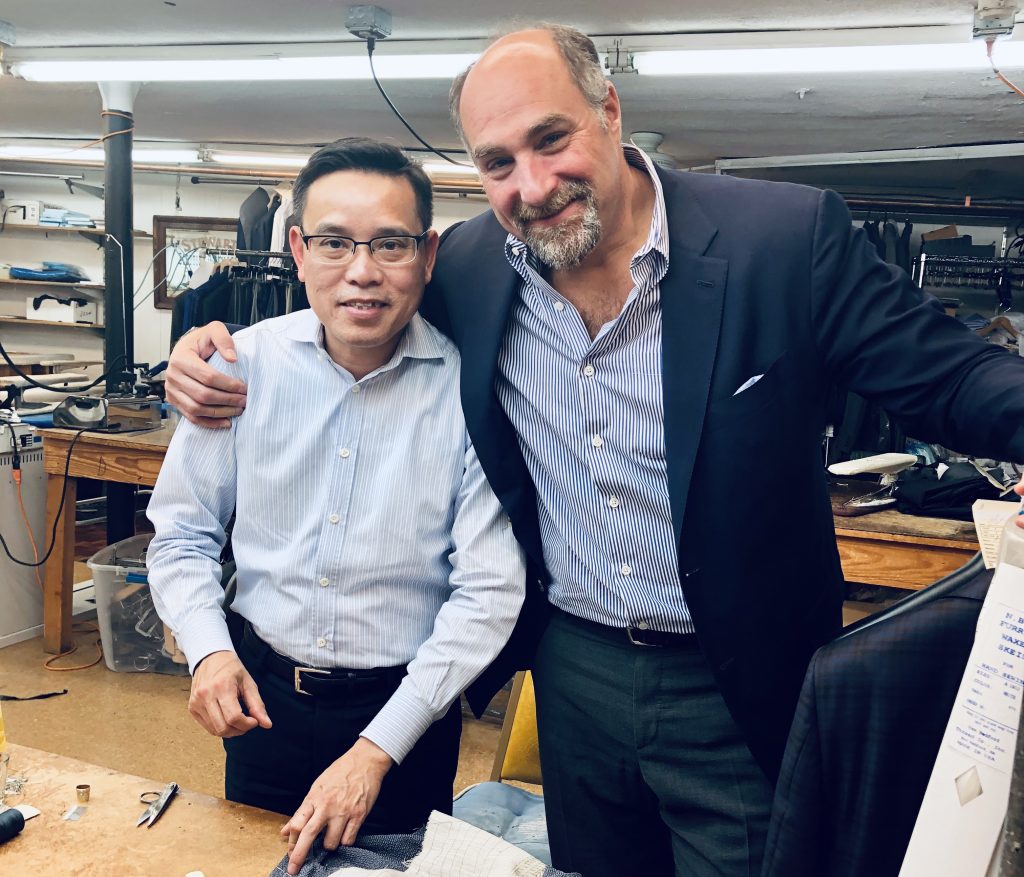
During these uncertain times, we’ve been reflecting on how to move forward in ways that will make us stronger, more impactful, and more united than ever. We’ve spent 53 years building the Mr. Sid community based on diversity, inclusion, acceptance, and family. We believe that leading by example, strengthening our relationships within the company (with me in photo: Khoa Dang, one of our talented tailors who’s been with us for 15 years) and the industry, and remaining steadfast in our values are the best ways for us to respond to current challenges.
We’ve taken multiple initiatives to increase our responsibility to the betterment of the environment and to the lives of the skilled workers who make the garments that we carry. Some of these initiatives include finding and buying new lines that promote ethical sourcing and labor such as Moose Knuckles, Jacob Cohen, and Fedeli. We’re also working with our long-standing designers such as Zegna and Gherardi to source and focus on the use of recycled and renewable materials.
With many people retreating to their summer homes for longer than usual this year, we realized we’d need to be creative in finding new ways to bring the services and comforts of Mr. Sid to our customers. We accomplished this by launching our very first pop-up shop in Mashpee, MA. And while in-home appointments/fittings have always been something we offer, we’ve certainly made an even stronger emphasis on servicing our customers in ways that ensure their safety and meet their personal comfort level. Whether it be private in-store appointments, virtual appointments, or sending/delivering merchandise to their homes, we feel our message is clear: you can count on Mr. Sid.
We’re proud of the good we’ve done over the last 53 years, we’re grateful for the many meaningful relationships we’ve established, and we’ll continue to deliver on our values and our reputation every day.
CRAWFORD BROCK
Owner of Stanley Korshak

My mantra from my mentor, Stanley Marcus, is on repeat in my head – stay the course. People still value quality and service, and our mission has always been, and will continue to be, providing the best shopping experience to make our customers feel good. It might be in person, at a customer’s home, over facetime or online. But, at the end of the day, more now than ever, we want to create the best customer experience.
While we’re not compromising on who we are and what we stand for (providing the best of the best), we are adapting quickly to our customer’s more casual wardrobe needs. We’re a tight store family, close to our community and our customers. We know that together, we can weather any changes that come our way.
VINCE MARRONE
President of Paisley & Gray
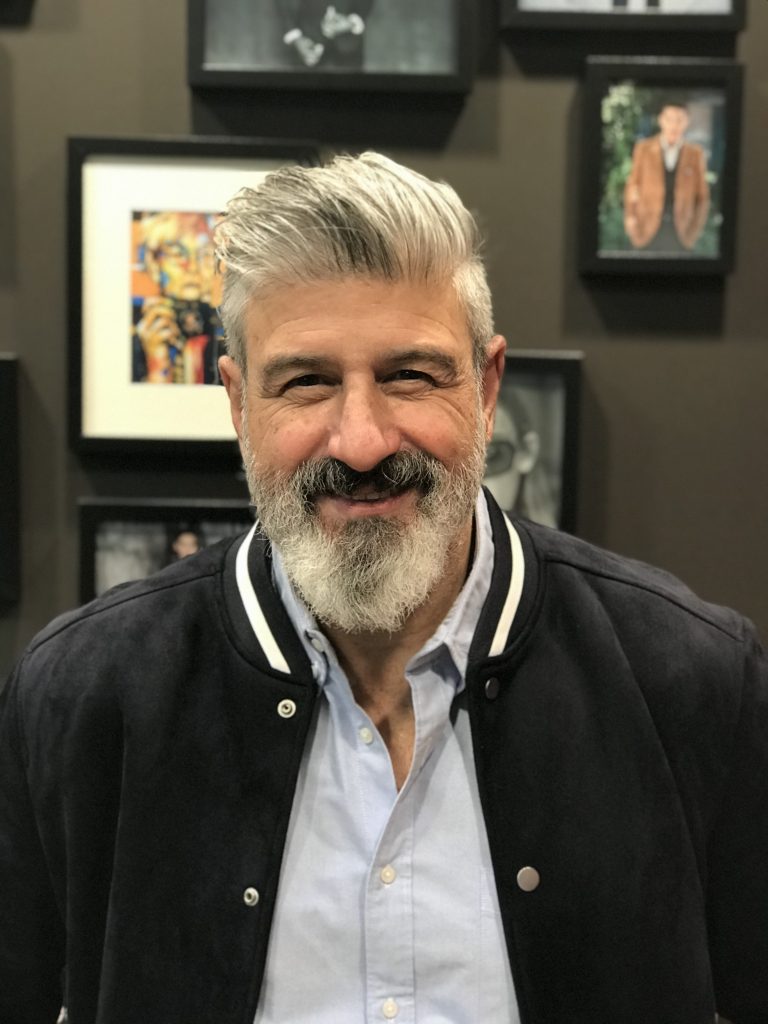
The past six months have been a reset on so many fronts. Most importantly, it’s good to be reminded of what’s important. For those of us who grew up in the fashion industry, we were taught to work hard and sacrifice and you will be rewarded. Over the years, we were rewarded but our most recent payoff has been to watch our industry implode. But between zoom calls and working from home, I’ve come to realize that other things are important beyond drive and success: spending time with family and just being healthy are the true gifts.
With 40 years in this industry, I’ve observed common traits among menswear execs: courage, fortitude, and an undying spirit. Therefore, I’m very optimistic that our industry can collectively turn this around. Over the last five years, I’ve seen the need to innovate and to grow from a tailored clothing company to a lifestyle brand. We created Paisley & Gray for this reason. Now and into 2021, we’ll continue to innovate, expand our product offerings and our customer base. But we need the stores to be innovative as well. Over the last few weeks, I’ve read comments from a handful of retailers saying they’re only buying brands they’ve bought before. I believe that mentality does a huge disservice to their stores and their customers. Now is the time to bring something new to the game.
For fall ‘20, rather than sit on our inventory, we brought in new fresh product; the stores that took delivery are selling it extremely well. Customers want something new and exciting, especially after what’s gone on the last six months.
In lieu of face to face meetings, we’ve been leaning on zoom calls and virtual showings. We videoed the entire spring ‘21 collection with live model shots and put that on NuOrder along with product introductions. We’re trying to give our buyers the most realistic view of our product. We’re also building on the success of our Limited Edition collection, which uses fabrics made of recycled fibers. Sustainability is very important and we’re doing our part to conserve resources for a healthy planet.
Now more than ever, there’s a need for people to feel hope. Our spring ’21 collection has a very optimistic essence and “feel good” vibe. What’s happening in our country today is disappointing on so many levels. We must all try to be better humans, show more empathy, care more about our planet, and work together to bring change and sustainability for a better quality of life for the next generations.
RAFFI SHAYA
Owner of Raffi
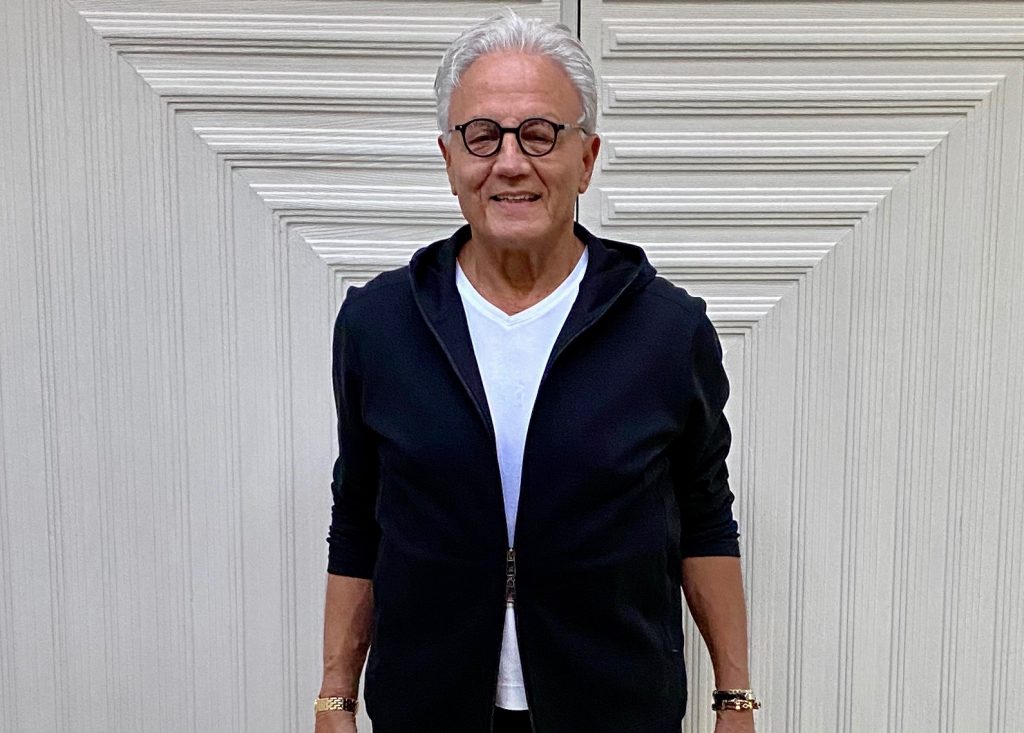
Our takeaway lesson is that life is unpredictable. We need to accept the reality that it won’t always be as we plan, and figure out how to move forward, adapt, and adjust ourselves to a new reality. In so doing, we can work on our well-being by having a positive mindset, keeping ourselves healthy, thinking healthy, acting healthy, and staying healthy!
We’re staying close to our buyers and retail market by supporting one another emotionally, mentally, and professionally to generate business together. Most important is that we stay all connected, all in this together, and all here for one another.
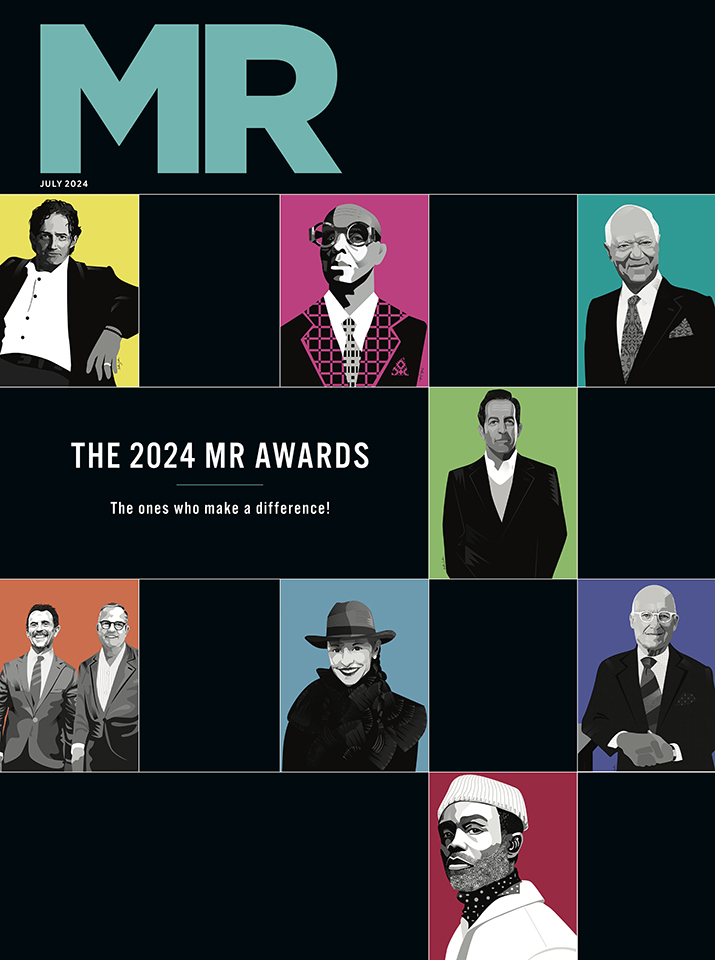


There is pretty much no PoC voices on the top while these CEOs speaking about diversity. One would just wonder.
I am hopeful Tommy: I think it’s changing, but too slowly…
Great article it’s time for all of us to hit the reset button as it relates to Work Family
How we look and treat others. It’s not always
Just about the bottom line.
Well said!